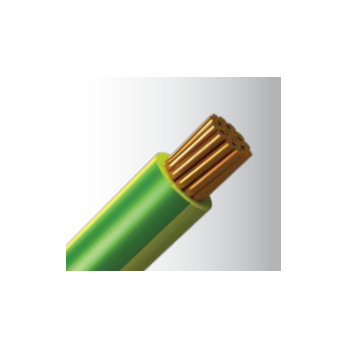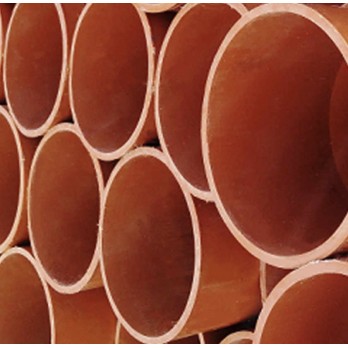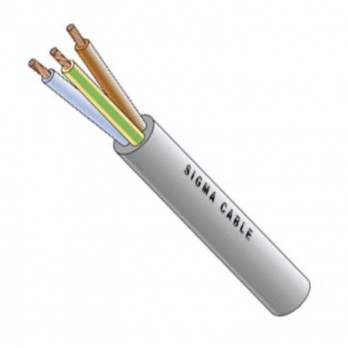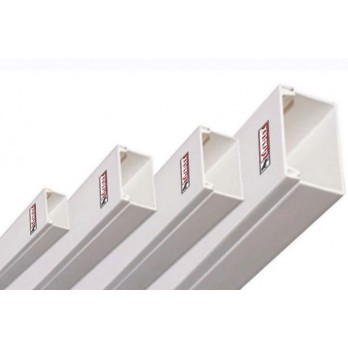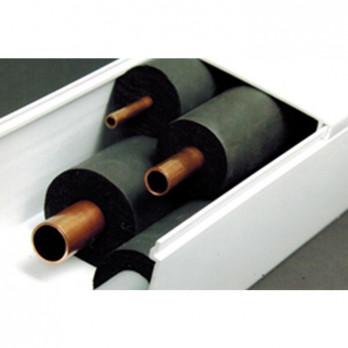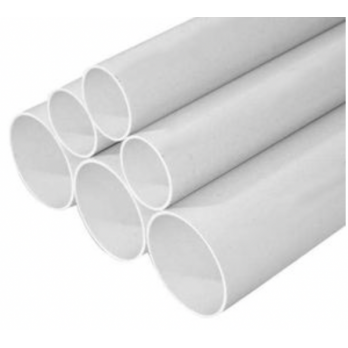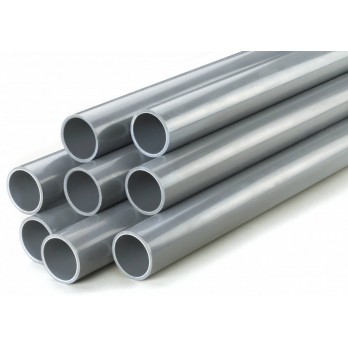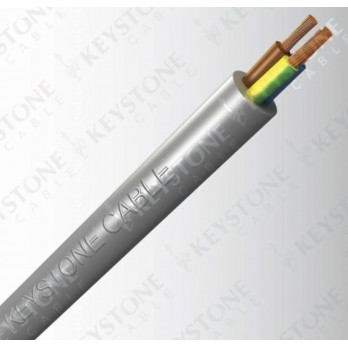Electrical Cables help to power the air-conditioning or ventilation units, by serving as a connection between the devices and a power point. The good conductive properties of the copper wires used ensures a steady and constant power supply.
Are you in need of electrical cables? You are at the right place, UBZ System offers an extensive range of electrical cables which are of high quality and at affordable prices. Basically, we all know an electric cable is used for the purpose of transporting electrical energy from one point to another point.
Features of Electrical Cable
Electrical Cable Wire comes with multiple features. Some noteworthy mentions include:
- Good resistance to high temperature
- Resistance to low temperature
- Excellent electrical conductivity
- Waterproof rubber coating
- Good ageing resistance
- Best performance of bending
- Long service life
Finding the right cable is beneficial for improving the performance of your air-conditioning system. It can help to power your air-conditioner and ventilation units by serving as a good & stable connection between the devices and a power point. Excellent and high-quality electrical cables ensure a steady and constant power supply.
Get the finest range of electrical wiring products from UBZ System at the best price!
Importance of Cable Wire
Cable wires are essential for transmitting electricity between devices. They provide a steady flow of power to critical systems like air conditioners and ventilation units. The right cable wire ensures efficient power delivery, reduces power loss, and enhances system performance. Poor-quality cable wires can lead to system failures, which may be costly to repair. The quality of cable wires directly impacts energy savings and equipment longevity. High-quality cable wires also reduce the risk of electrical fires. Choosing the correct cable wire ensures that electrical systems remain safe and efficient, while using the wrong type can cause significant problems and hazards.
Factors Affecting Cable Wire Selection
- Voltage Rating:
The cable wire must be able to handle the voltage required by your electrical system. Using a cable with an insufficient voltage rating can lead to overheating and potential damage. To prevent these issues and maintain safety, always match the voltage rating with the system’s requirements.
- Conductor Material:
The material of the wire's conductor affects how well it transmits electricity. Copper is the preferred choice due to its excellent conductivity. While aluminum is cheaper, it results in greater energy loss. Opting for copper ensures more efficient power delivery and a longer-lasting system.
- Insulation Type:
Insulation protects the cable from external hazards and prevents electricity from escaping. Different environments require specific insulation types. In hot conditions, the insulation must withstand high temperatures, while in wet areas, waterproof insulation is essential. Always choose the appropriate insulation for the cable’s application.
- Cable Size:
The thickness of the cable should match the electrical load it will carry. A cable that is too thin may overheat and pose a fire risk, whereas thicker cables can safely handle larger currents. Selecting the correct cable size is crucial for protecting your system and ensuring safe operation.
